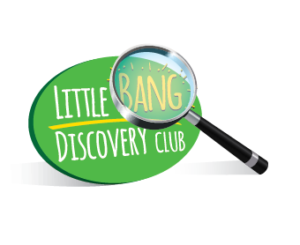When: Wednesday 14th November, 3:45pm – 4:15pm
Where: Theatre, Level 2 down the stairs to the right of the registration/foyer area
Hashtag: #W18
Six Bricks is a simple yet powerful program for learning using just six LEGO® DUPLO® bricks. It was developed in South Africa in 2013 as a means of providing children and their educators from less advantaged backgrounds with daily physical activities with which to improve their perceptual, pre-numeracy and pre-literacy development.
Six Bricks is a concept owned by the LEGO Foundation, used in some of their projects, and while it is not commercially available, there are great lessons to be learned.
There are well over 250 short exercises that can affect reasoning, literacy, numeracy and perceptual skills, and not just in children, but anyone at any age and from any background. From schools to corporate team-building, from playful learning to serious science communication, the Six Bricks program is demonstrably effective.
During the ASC2018 conference I will lead a ‘hands-on’ Six Bricks demonstration that involves curiosity, collaboration, communication, creativity, critical thinking and a can-do attitude, the “6Cs” of 21st century STEM skills.
Six Bricks is an example of a cost-effective program that is readily understood and simple to train others to implement. Delegates should come away with fresh ideas and the confidence to apply Learning Through Play methodology in their own work.
This session is supported by PlayFutures www.playfutures.net
Further information:
https://www.facebook.com/groups/725765130822588/
https://www.legofoundation.com/en/learn-how/knowledge-base/six-bricks/
Session Producer/Presenter
Adam Selinger, Executive Director, Children’s Discovery Museum Ltd



















